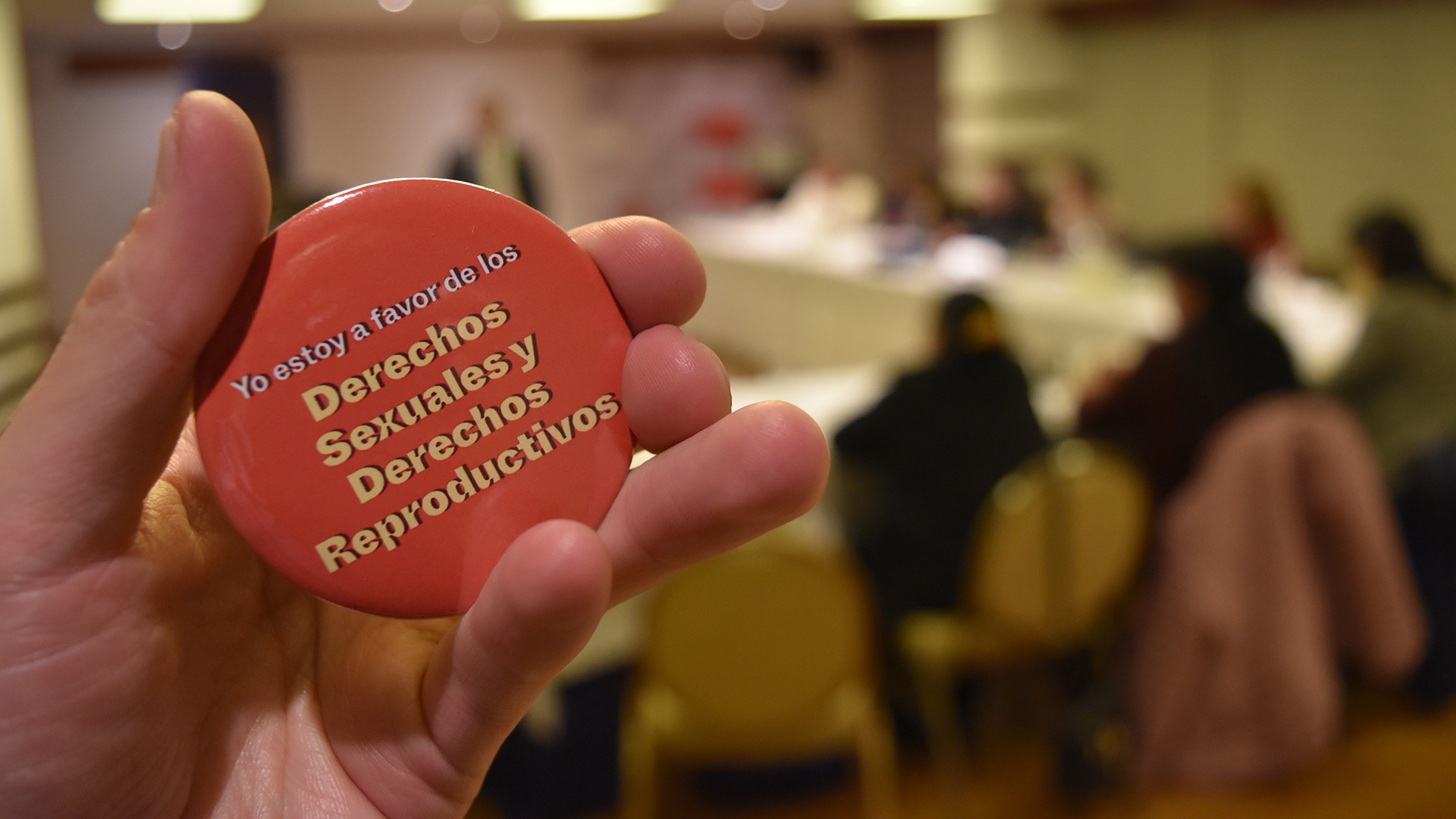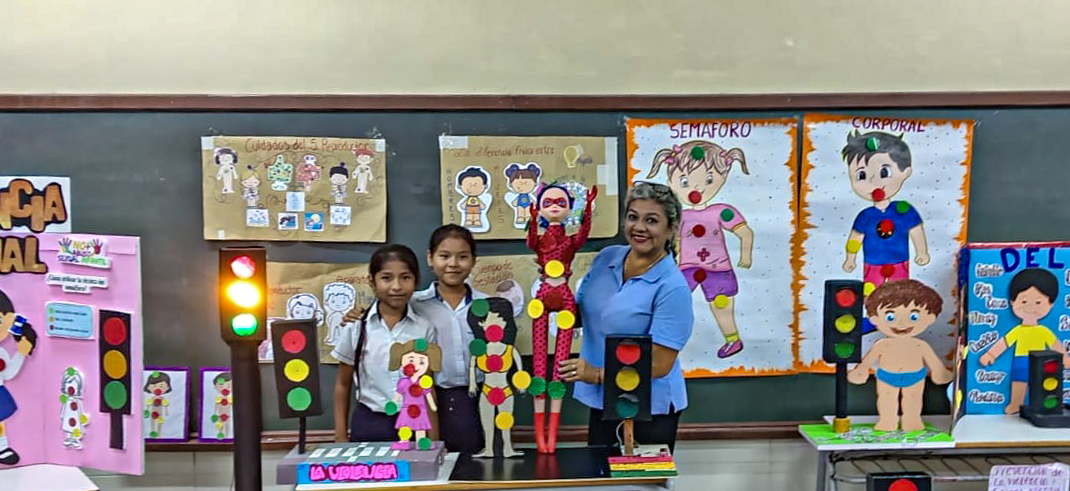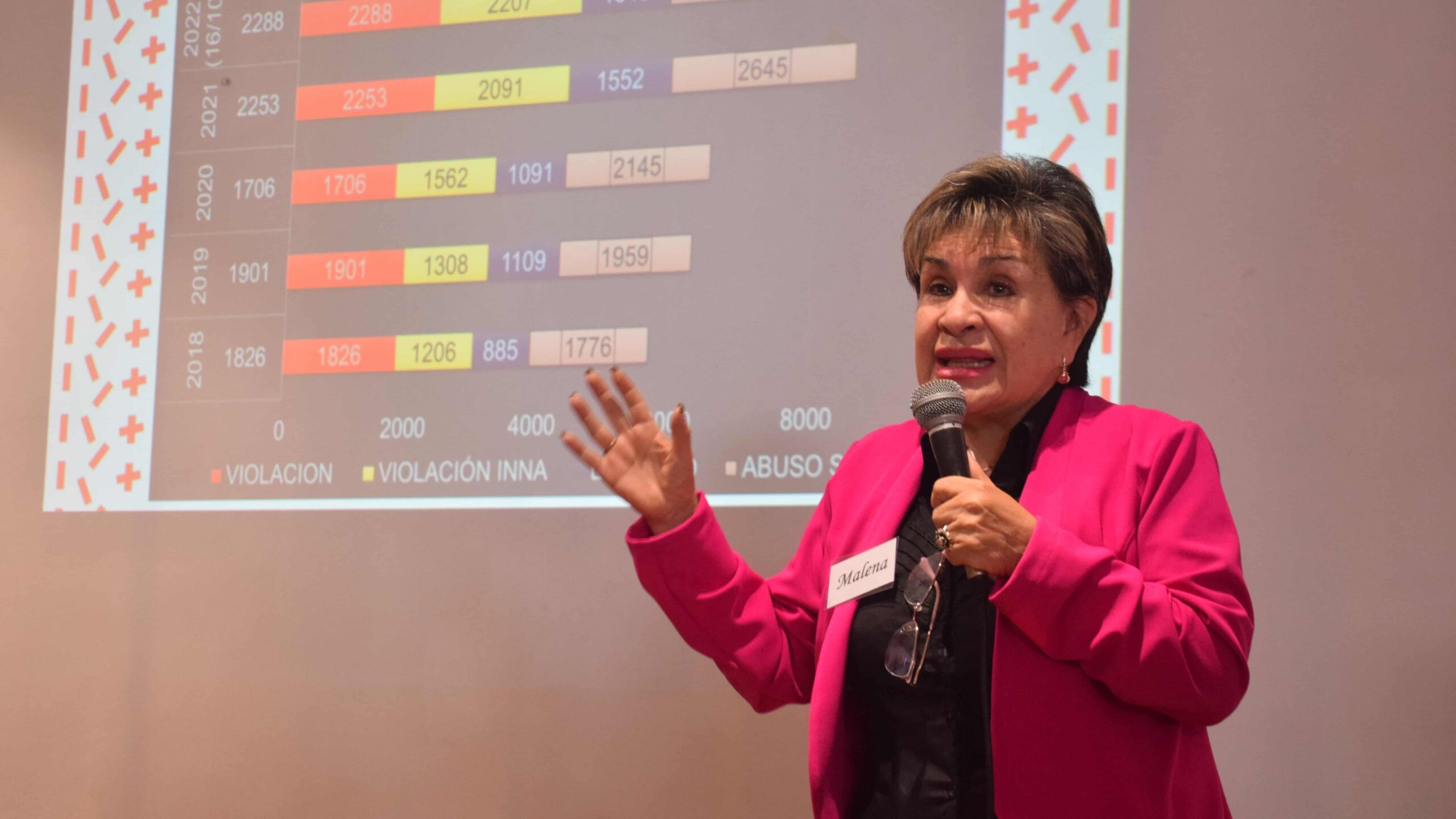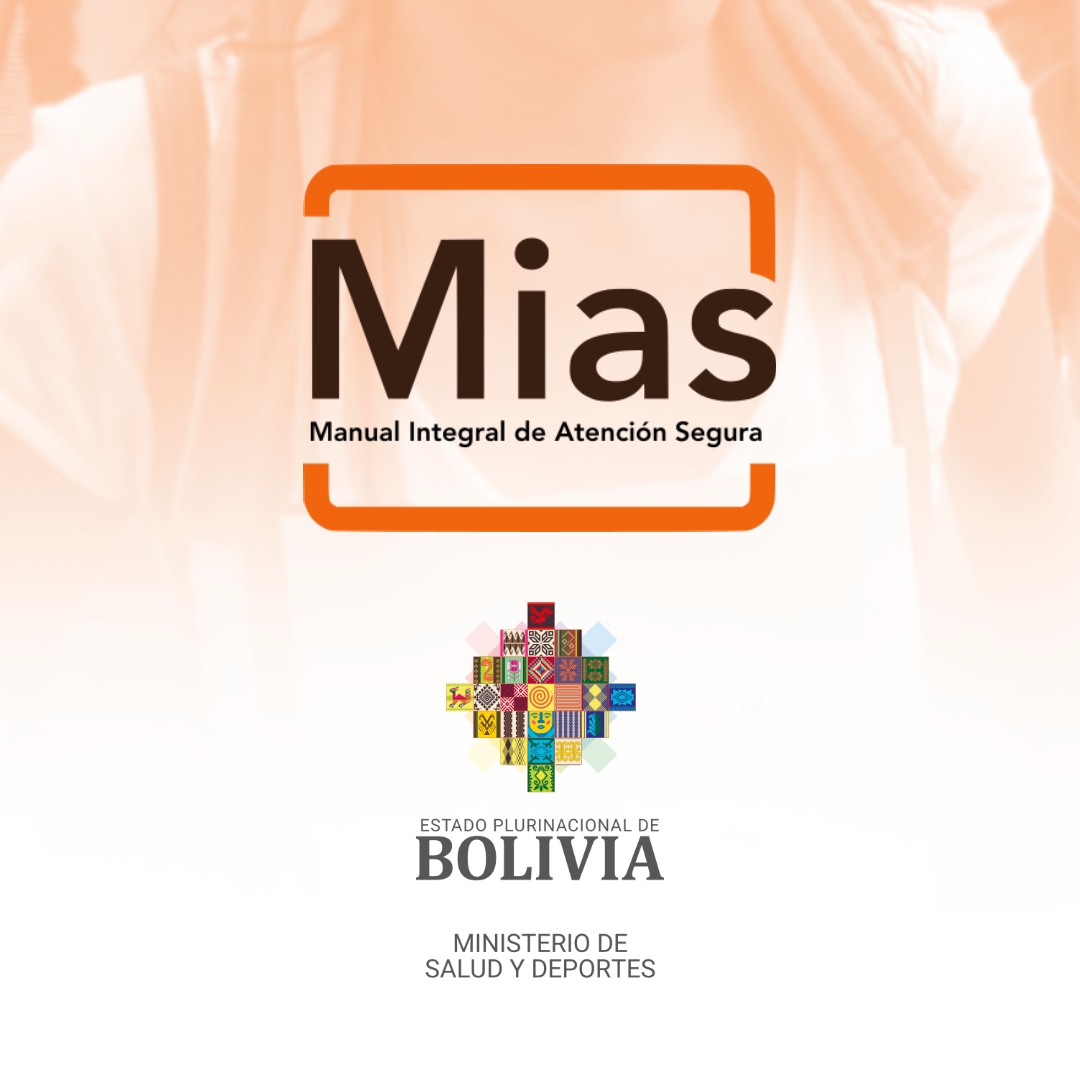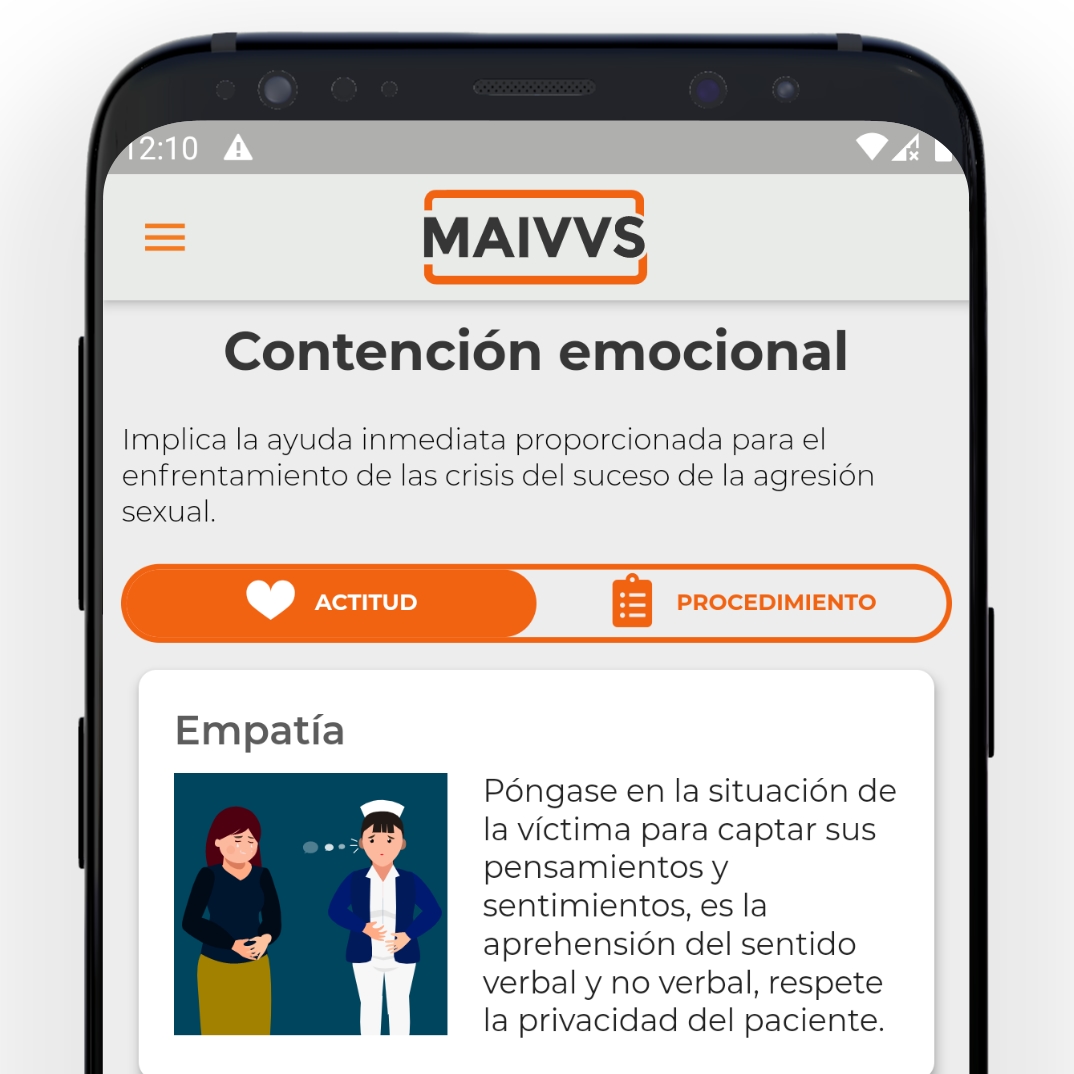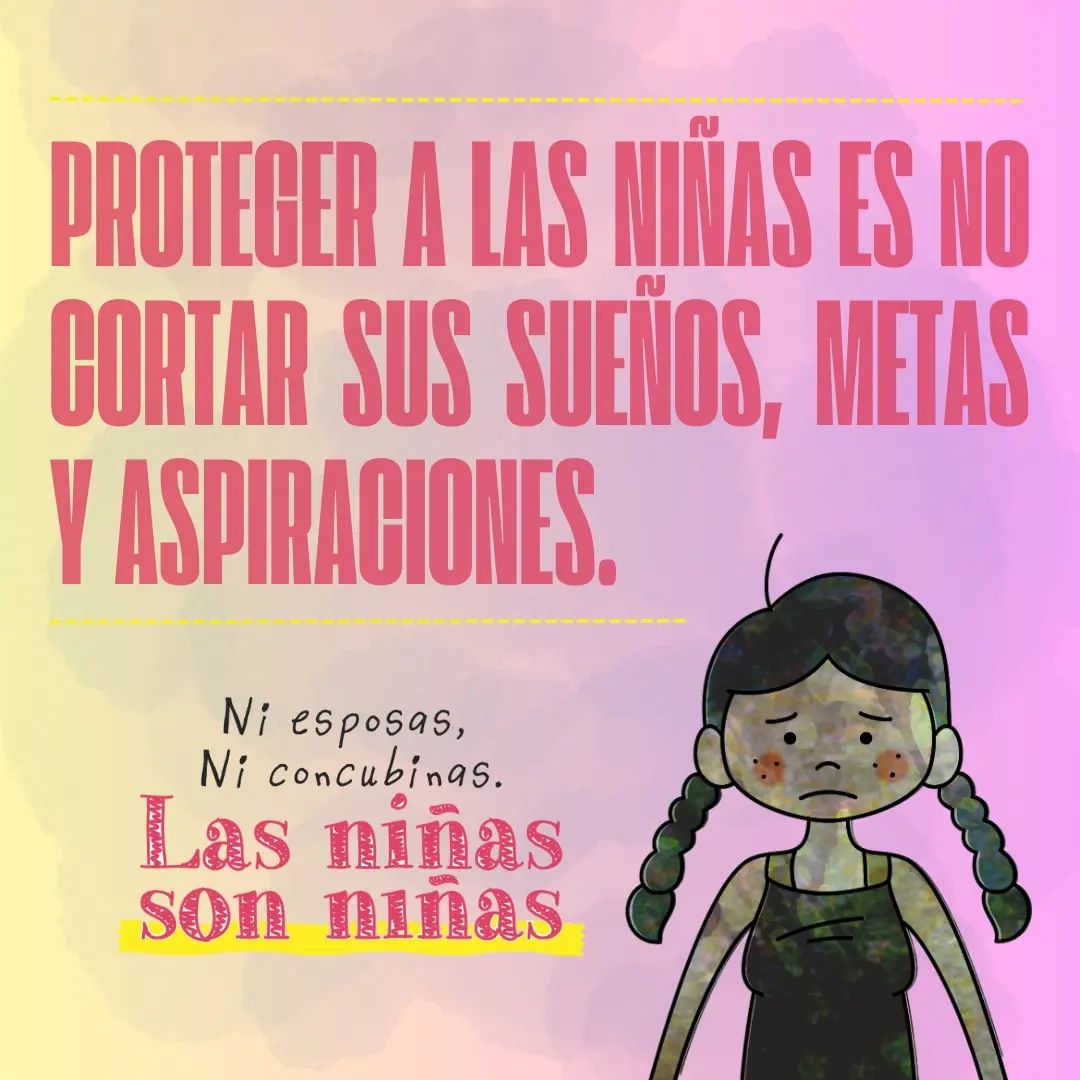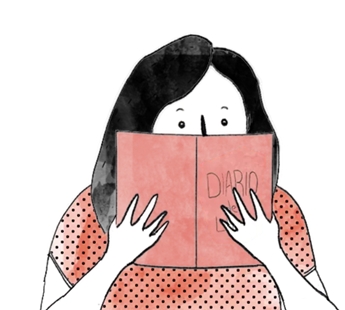In Bolivia, an average of 19 reports of sexual violence against minors are registered every day. In 2024 alone, 6,868 cases of child sexual abuse and 38 infanticides were reported, according to official data.
“We have very serious figures. In 2024 we closed with 38 victims: boys, girls, adolescents who died violently. In addition, about 6,868 cases of sexual violence were reported,” reported Rosaly Ledezma, expert in Normative and Social Policies for Children of UNICEF, in an interview with the program Piedra, Papel y Tinta of La Razón.
Ledezma warned that the figures could be even higher, since many cases do not reach the authorities, especially in remote areas of the country. “The most serious thing is that there are many aggressions that are not reported and remain in total impunity,” he warned.
In addition to cases of extreme violence, a perception survey conducted by “Voz de la niñez” reveals that girls and boys feel unsafe in their most everyday environments: 2 out of 10 do not feel safe in their homes; 6 out of 10 are afraid in their schools; and, 8 out of 10 feel vulnerable in digital environments.
“When you ask them to whom they tell their joys or sorrows, many say to their pets. They have no one to talk to about their emotions,” Ledezma said.
The expert also referred to the economic situation. According to data from the Unidad de Análisis de Políticas Sociales y Económicas (UDAPE), one out of every two children in Bolivia lives in poverty and one out of every six in extreme poverty.
“From 2023 to 2025 we perceive a deterioration in economic conditions and access to basic goods, so the situation is probably more serious than we imagined,” he warned.
Regarding institutional protection, Ledezma denounced that only 82% of the country’s municipalities have children’s ombudsmen’s offices, and in most of them, the same person simultaneously attends to sectors such as children, disability, gender and the elderly. In addition, many officials work under short-term contracts, which prevents them from effectively following up on cases.
“The country invests in training, and international organizations collaborate. But if every three months they change officials, the cases are diluted. There is no continuity,” he lamented.
“What we know is that in our country poverty and violence have the face of a girl, so we also ask ourselves what is happening, why do we have the face of a girl, the face of a woman and the face of a girl. So we have to ask ourselves that, and if we go deeper, the face of an indigenous woman,” she added.
Ledezma made a call to the presidential hopefuls in the 2025 elections: “The country invests about 8.5% of GDP in children, mainly in education. But there are also problems with the quality of learning. That is why it is necessary to take on an urgent agenda”.
Among the pillars of this agenda, he proposed: Protection against poverty; Quality education; Safe and protective environments; Access to resilient health, especially in the first thousand days of life.
Regarding the measures that should be taken, he pointed out: well-designed vouchers, without exclusions; a care system, so that mothers and fathers can work without leaving children alone or in the care of older siblings; a national plan to reduce child poverty with a comprehensive approach; strengthening of children’s ombudsmen’s offices and job stability for their staff; a real-time computerized monitoring system for cases of violence; and work on prevention, with the active participation of the State, civil society, the media and the Ombudsman’s Office.
Finally, Ledezma recalled that all this information, along with additional studies, is available on UNICEF’s website and social networks.

